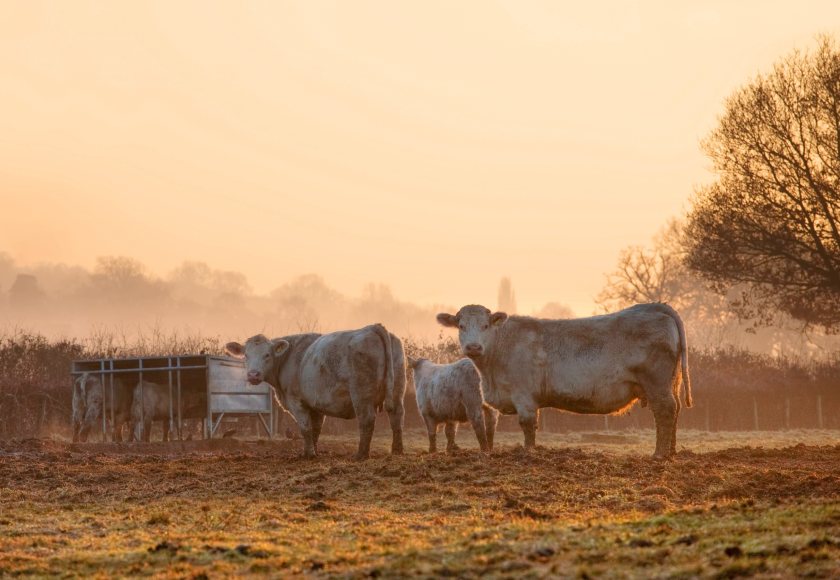
All livestock keepers in England are now able to use any of the permitted bluetongue vaccines without applying for a specific licence.
Defra has announced a new general licence available for bluetongue (BTV-3) as part of the government's response in curbing the spread of the virus.
However, it said that farmers must still meet the legally-binding conditions of the general licence for any vaccination activity.
The government recently expanded the bluetongue restricted zone in England to cover 19 counties and one city authority as nearly 150 farms have recorded a case of the disease.
But unlike the authorised BTV vaccines for other serotypes, the BTV-3 vaccines reduce rather than prevent the presence of the virus in the blood.
This means that they may not prevent animals from being infected or infectious, but could help reduce or prevent clinical signs.
For this reason, Defra has also confirmed that all movement controls and trade restrictions in place would still apply to vaccinated animals.
The department said: "Farmers are reminded to only move animals where this is absolutely necessary.
"Vaccination status will not affect movement restrictions which remain in place and apply to all ruminants and camelids moving out of restricted zones and to the movement of their germinal products within zones."
It added: "We recommend animal keepers work with their veterinarians to decide if vaccination is right for their animals.
"Farmers in England are urged to contact your private veterinarian if considering use of any of the permitted BTV-3 vaccines."
It comes as a new variant of bluetongue virus - 'BTV-12' - was recently identified in sheep in the Netherlands.
Genetically, the two bluetongue variants BTV-3 and BTV-13 - the former of which is currently circulating in England - are unrelated.
Bluetongue does not affect people or food safety, but outbreaks can result in prolonged animal movement and trade restrictions.
BTV is a notifiable disease. Suspicion of it in animals in England must be reported to the Animal and Plant Health Agency on 03000 200 301.
